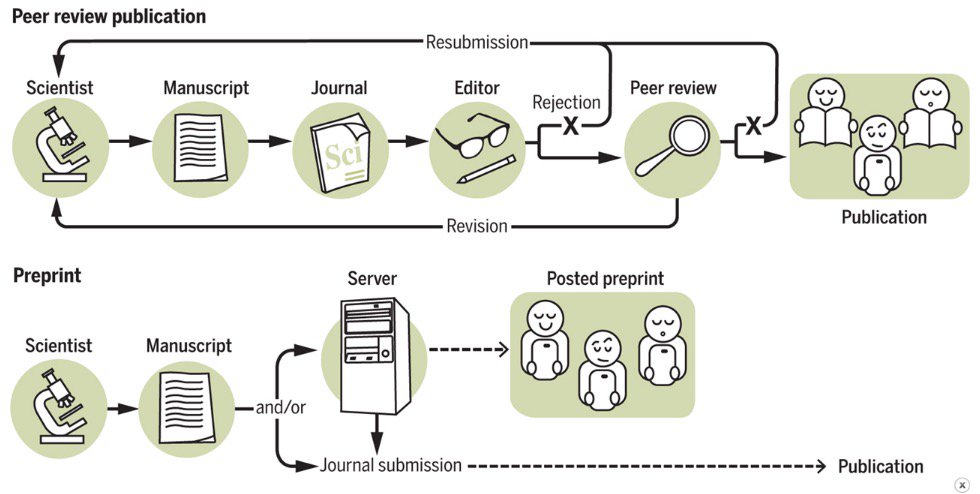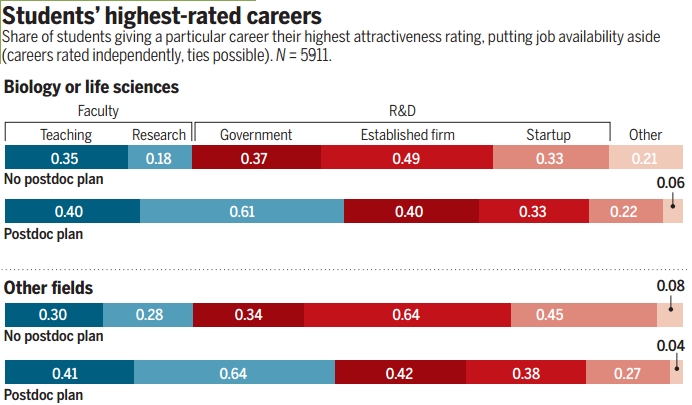Research watchdog's new leader faces staff revolt
The new director of the federal office that guards against misconduct in U.S.-funded biomedical research is aiming to shake things up—but is also encountering rough waters. Kathryn Partin, who took the helm of the Office of Research Integrity (ORI) in December 2015, has launched a top-to-bottom review of the office, which has been criticized for moving too slowly and meting out sanctions that lack teeth.











